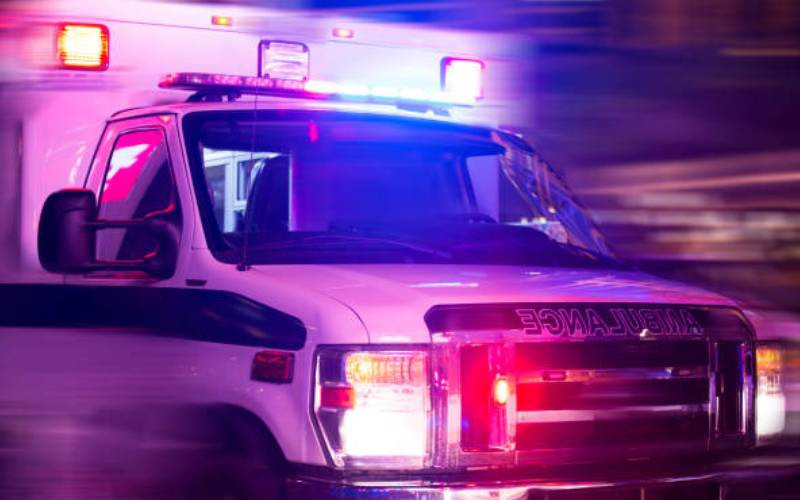
Ambulance services are the backbone of emergency medical services, providing pre-hospital medical care to patients who require immediate medical attention.
In Kenya, health is a devolved function of the 47 counties as per the Constitution of Kenya 2010. In many cases, having a well-equipped ambulance service nearby can mean the difference between life and death.
Having an ambulance service within reach means that emergency medical personnel can arrive at the scene of an emergency quickly. This is especially important in rural areas, where emergency response times tend to be longer due to longer travel distances and rough terrain.
A well-equipped ambulance service has advanced medical equipment and personnel trained to provide pre-hospital medical care. This includes equipment such as defibrillators, oxygen tanks, and other life support systems. Ambulance personnel are also trained to provide a range of medical services, including administering medications, performing advanced airway management, and providing trauma care.
The Emergency Plus Medical Services (Eplus) has heavily invested in state-of-the-art Emergency Dispatch Centre and equipment like the neo-natal ventilators, incubators, portable isolation chambers among others. This equipment has given our ambulances a competitive edge when it comes to the provision of the highest standards of patient care.
Ambulance services also play a critical role in coordinating care and evacuation for patients. In many cases, ambulance personnel work closely with hospital staff to ensure that patients receive appropriate medical care and are evacuated to the appropriate medical facility.
This can be especially important in cases where patients require specialized medical care that may not be available at the nearest hospital facility.
Coordinated care and transport can be critical in situations where time is of the essence and the patient needs to be transported to a medical facility quickly.
- Ministry, governors clash over ghost workers in health payroll
- Ghost worker claims fuel uncertainty in prolonged UHC standoff
- Health insurance reforms echo NHIF failures, add new burdens
- Kenya emerges as East Africa's Digital Health hub in push for UHC
Keep Reading
Having a well-equipped ambulance service nearby can also reduce the risk of complications. This is especially true for patients with chronic medical conditions, such as heart disease or diabetes, who may be at higher risk of complications during a medical emergency. Emergency medical personnel can quickly assess the patient's condition and provide appropriate medical care.
In conclusion, having an ambulance service within reach can be a lifesaver in the event of a medical emergency. Quick response times, access to advanced medical equipment and personnel, coordinated care and transport, and reduced risk of complications are just a few of the many benefits of having an ambulance service nearby.
It's important to remember that in a medical emergency, time is of essence.
With the help of emergency medical personnel and ambulance services, patients can receive the care they need in a timely manner, increasing their chances of survival and improving their overall health outcomes.
-Susan Ng'ong'a is the Managing Director of the Emergency Plus Medical Services (E-Plus), a fully-owned subsidiary of the Kenya Red Cross Society
 The Standard Group Plc is a multi-media organization with investments in media
platforms spanning newspaper print
operations, television, radio broadcasting, digital and online services. The
Standard Group is recognized as a
leading multi-media house in Kenya with a key influence in matters of national
and international interest.
The Standard Group Plc is a multi-media organization with investments in media
platforms spanning newspaper print
operations, television, radio broadcasting, digital and online services. The
Standard Group is recognized as a
leading multi-media house in Kenya with a key influence in matters of national
and international interest.




